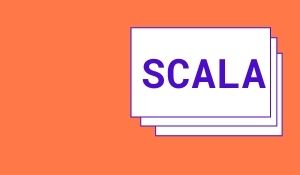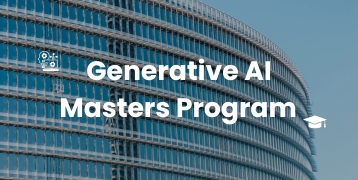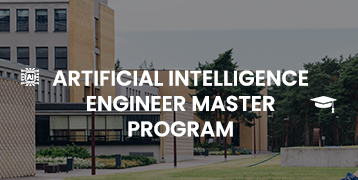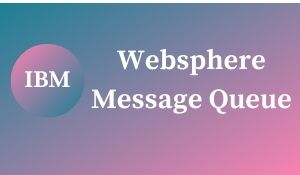
What is Scala?
Scala combines object-oriented and functional programming in one concise, high-level language. Scala’s static types help avoid bugs in complex applications, and its JVM and JavaScript runtimes let you build high-performance systems with simple access to large environments of libraries.
Scala is a general-purpose programming language designed by Martin Odersky. The design of Scala began in 2001 at EPFL, Lausanne, Switzerland. Scala was released publicly in 2004 on the Java platform. Scala is designed to be concise and addresses criticisms of Java. Scala source code is compiled to Java byte code and the resulting executable code runs on a Java Virtual Machine.
Scala is commonly used for strong static systems, data science, and machine learning. Scala is used in finance-related applications, content management systems, online learning platforms, distributed applications, and more.

Why Scala?
The biggest strength of Scala is its flexibility in defining abstractions. One of the important components of the Scala language is Scala IDE (Scala Integrated Development Environment). It is used to connect the Eclipse Java tool. This way the Eclipse features can explore with the Scala IDE. Scala is designed in such a way that it can inter-operate well with the JRE (Java Runtime Environment) and the .NET Framework.
The code written in Scala is simpler to test and reuse; the parallelization becomes simpler, and there is a lesser number of bugs in the entire program. Scala follows a top-down approach; each of the programs is broken down into multiple chunks and each can be processed in parallel thus speeding up the process and also improving the efficiency.
Features of the Scala
- Object-Oriented and Functional: Scala utilizes the power of object-oriented programming by having every value and variable saved as an object by default. Moreover, it supports the functional programming paradigm as well by having a light-weight syntax for function definitions along with support for higher-order functions and the nested functions.
- Interoperability with Java: Scala classes are ultimately JVM classes. You can create Java objects, call their methods, and transparently inherit Java classes in Scala. Similarly, Java code can reference the Scala classes and objects.
- Support for concurrency: Scala supports the code concurrency and processing data on the distributed systems with effective and asynchronous programming.
- Clean and concise code: In comparison with Java, the code written in Scala is extremely compact with a concise syntax.
- Scalable: This technology provides a unique combination of language mechanisms that make it easy to smoothly add new language constructs in the form of libraries.
An employee working on Apache Scala can earn about $123,894
When you look at the languages that work for your business, the scale is one of the key factors that you can consider. A quality functional programming language is appropriate for enterprise-level operations as well as for smaller apps, and it should be versatile enough to perform well in any environment.

If you want to learn this Gologica’s Scala Online Training will help you to get enough knowledge. This Scala Training course covers from basics to all advanced concepts which are implementing real-time now.
At the end of this course, you will receive a course completion certificate which certifies that you have successfully completed the GoLogica Training in Apache Scala Technology. You will get certified in Apache Scala by clearing the online examination with a minimum score of 70%. To help you prepare for the certification exam, we will provide you a simulation exam and a practice exam.










